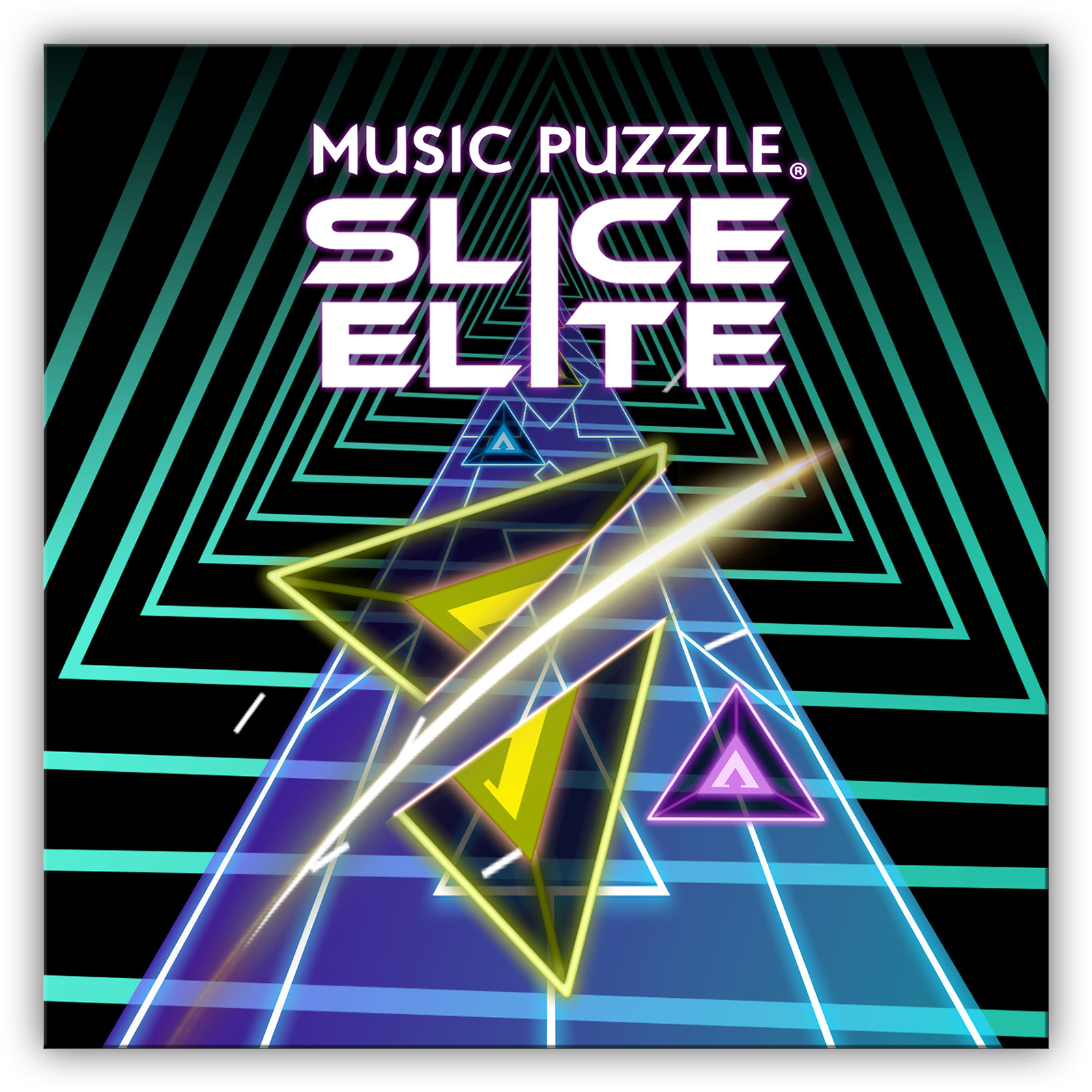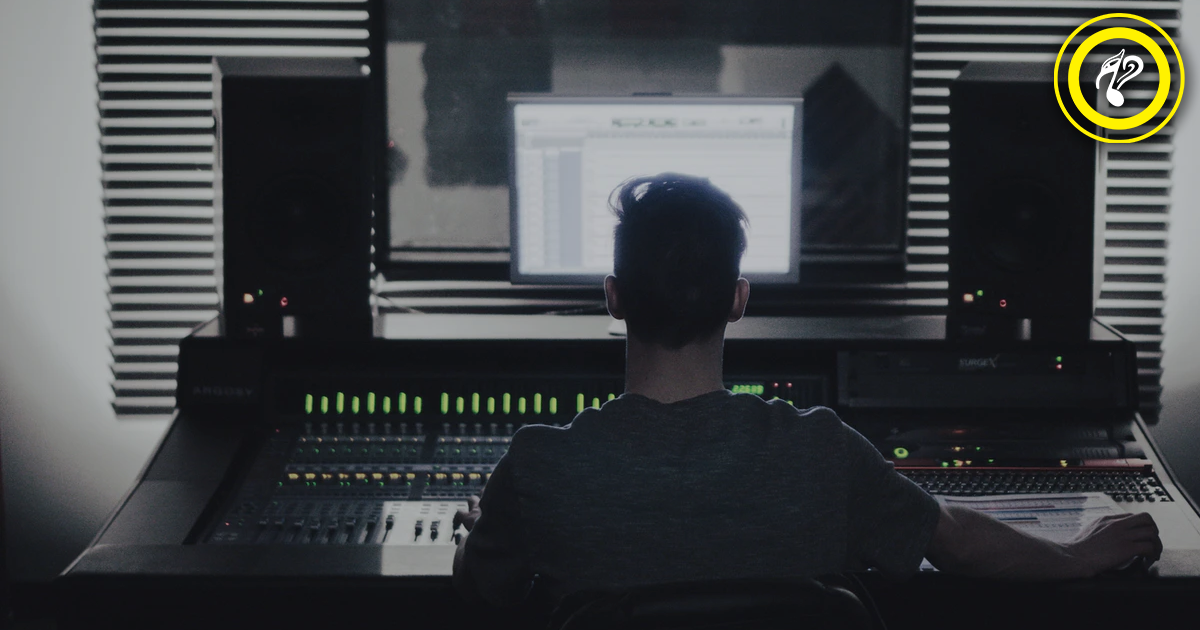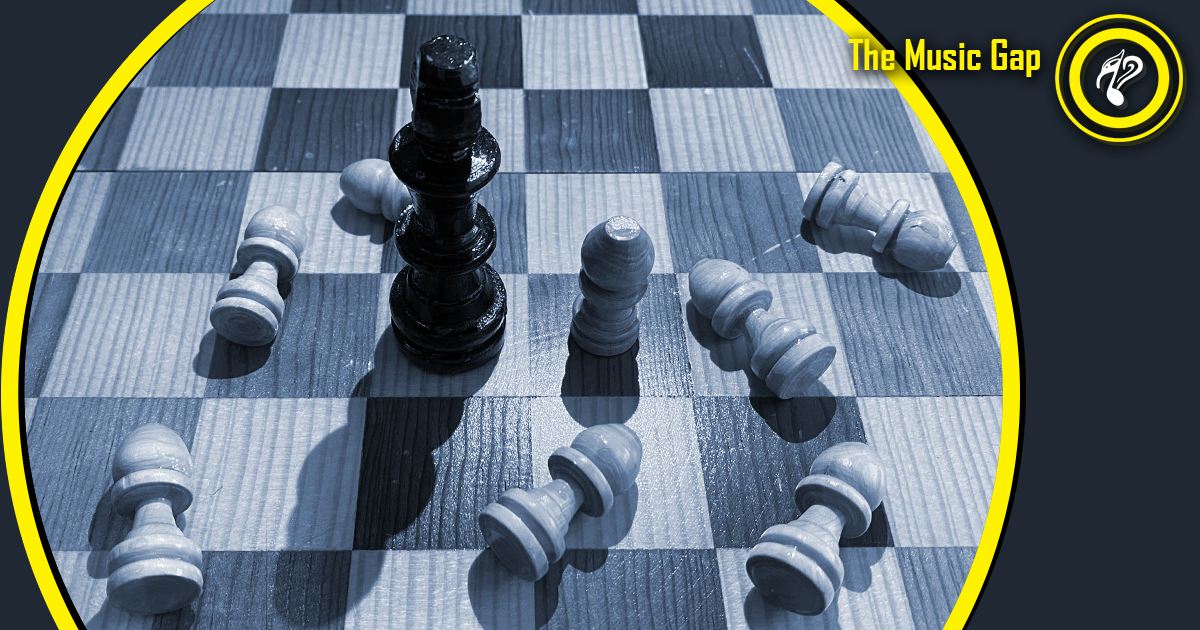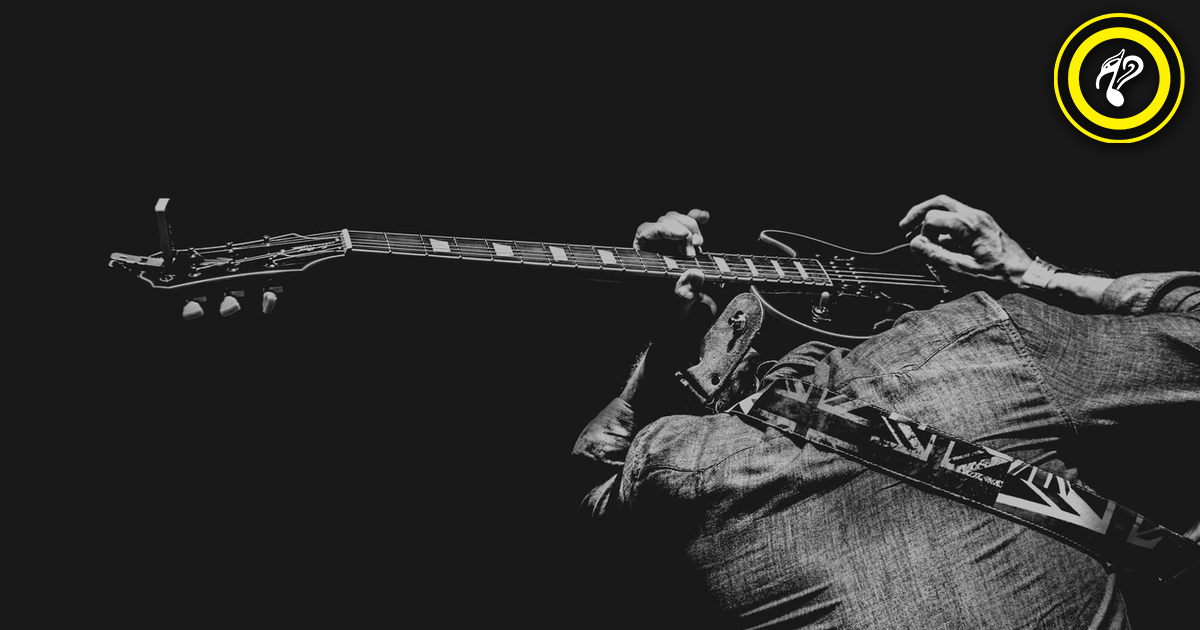What is a derivative work?

Have you noticed that sometimes in movie trailers they use familiar songs, but sound different? Not only does the instrumentation change, but also the voices, the arrangement and even the lyrics to adjust to the message the film wants to give. Almost certainly, the song won’t be too clear for listeners, as it’s edited and fragmented, something logical when taking into account the one or two and a half minutes a trailer lasts.
Between 1888 and 1890, Peter Ilyich Tchaikovsky composed several of his most memorable pieces, as part of the ballet "Sleeping Beauty."
Peter Ilich Tchaikovsky – Sleeping Beauty Waltz:
This is one of his most classic and popular compositions, something Disney undoubtedly used to their advantage in putting together the 1959 film. At some point in the film's production, the American animation company decided to use Tchaikovsky's music as base for the rest of the musical score.
By then, the original piece was adapted to a song format. The arrangement and orchestration were changed and a complementing lyric was added. This is a derivative work as it transforms the original creation in a substantial way.
Tchaikovsky died in 1893, just three years after the famous ballet was premiered. By doing calculations, we find that the film was released sixty-three years after his death. Copyright laws state that the work becomes public domain for up to seventy years after the death of the author. Following this logic, the Russian composer's relatives would have received a hefty amount of money. However, this wasn’t the case, as this law didn’t apply to any creation conceived before 1925 (except recorded works).
Here's the original film version from 1959:
The Sleeping Beauty - Once Upon A Dream:
Now, in 2014 a re-imagination of the original film was released, focusing on Maleficent’s perspective, the movie showed her as a more complex character by explaining events of the original film in an alternative way
Disney’s “Maleficent” trailer:
Once again, the piece acquires new instrumentation, arrangements, harmony and voices, therefore it becomes the derivative work of an already derivative work.
Changing the medium, we can find thousands upon thousands of musical parodies on YouTube.
"I’ll Kill You That Way" by the SlashStreet Boys is an obvious parody of the song "I Want It That Way", sung by the 90s’ popular boyband, Backstreet Boys.
Slashstreet Boys - I´ll Kill You That Way :
Backstreet Boys - I Want It That Way :
The video itself isn’t monetized and it has a link to the original song. It’s likely to be a parody without a mechanical license, which means the original composers’ permission wasn’t sought, nor a fee paid, therefore it can’t make profits for the channel, but it could be monetized by the Backstreet Boys label. Many channels create content of this type using donation platforms such as Patreon, this way, regardless of whether the video receives a copyright claim or not, the creators can receive some financial compensation for their hard work.
Another important point is that derivative works can fall into Fair Use. An example would be a material created for educational and non-commercial purposes. There are also cases with videos using different songs from similar times, yet different authors. Faced with this, we have to ask ourselves: Who would the video belong to?
Hip Hop 2020 Video Mix:
Unsurprisingly, this video containing some of the most popular songs of 2020 doesn’t have monetization, but it does have tags for each of the songs. Those are legal dilemmas that are still up for debate and controversial in the digital era.
One of YouTube’s biggest hits, Baby Shark, is a great example to look at. The song became a phenomenon in children's music. We could say the song is mostly original, both in lyrics and arrangement. However, there’s an obvious reference to the Jaws (1975) theme, composed by John Williams. Let's do the comparison:
Baby Shark :
John Williams – Jaws Theme :
The reference doesn’t last more than ten seconds before it becomes something considered unique and, during the fragment, we can hear ideas that move it away from the original theme. The main issue here is… Should the song be considered a derivative work for this little musical introduction?
It’s difficult to know if any copyright claims reached the Pinkfong channel, but we can assume this wasn’t the case, as Williams' work isn’t mentioned anywhere. Hilariously, we could put the award-winning composer in the same bind if we wanted to:
John Williams borrowing from other composers:
Looking at all this, to what extent can we start talking about originality or borrowed ideas?
It’s impossible to talk about creating art without the inspiration and certain degree of imitation during its process.
There is a somewhat subjective term called "threshold of originality" in copyright law, which lacks exact parameters and must be checked on a case-by-case basis. The “Inside The Score” channel offers a valuable point of view to the problem, arguing that, although there are shared ideas, their development is completely different, therefore, we can’t speak of plagiarism:
Is John Williams A Thief:
Finally, it should be mentioned that certain songs are accused of plagiarizing other works when in reality, they aren’t.
In 2008 the renowned guitarist Joe Satriani sued the band Coldplay for plagiarism. The American musician claimed that the song "Viva la Vida", by the British band, used the main rhythm of his song.
Joe Satriani – If I Could Fly:
Coldplay – Viva la Vida:
Although there are slight similarities, I find it impossible to agree with Satriani, starting with the melody (which is and will be the main point to touch when we talk about originality, not the rhythm nor the harmony), while there are some motivic coincidences (smallest fragment of a melody), the developments, instrumentation and even the rhythm differ in one way or another. In the end, the two parties reached an agreement and the lawsuit was dismissed, therefore, Satriani won’t receive any royalties for “Viva la Vida”.
Do you know any case of derivative works and their controversies? Share them with us!
If you enjoyed the article, you'll love these games:







